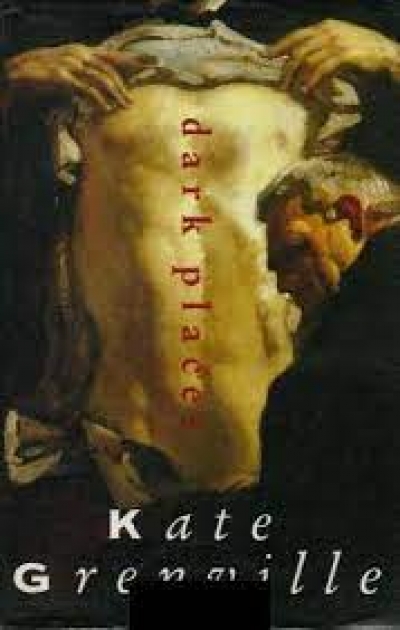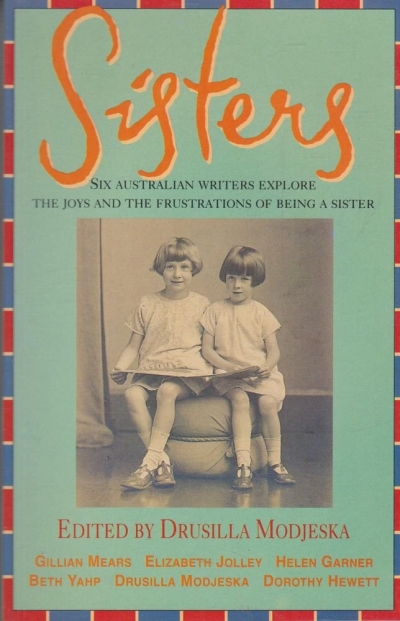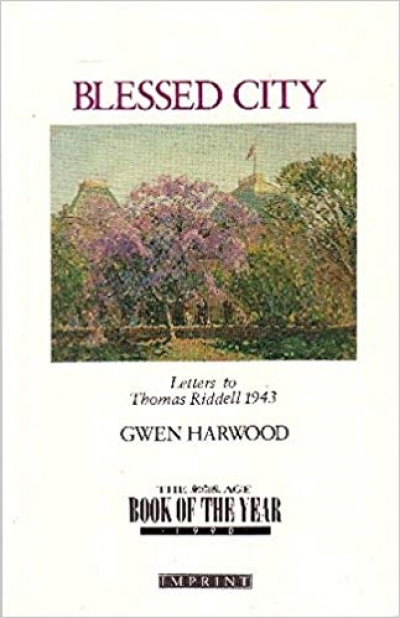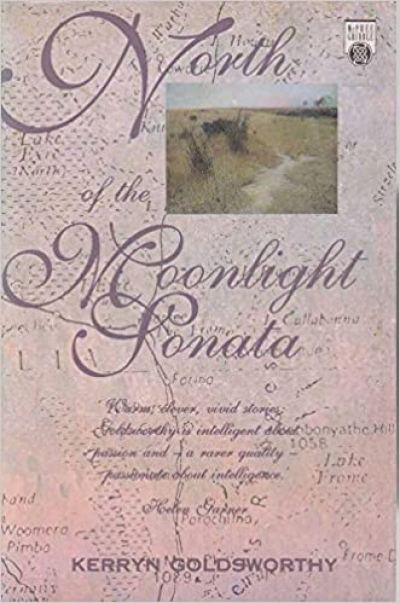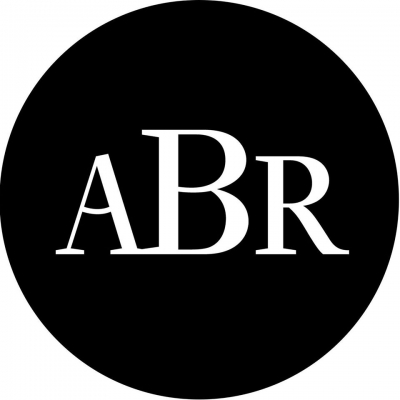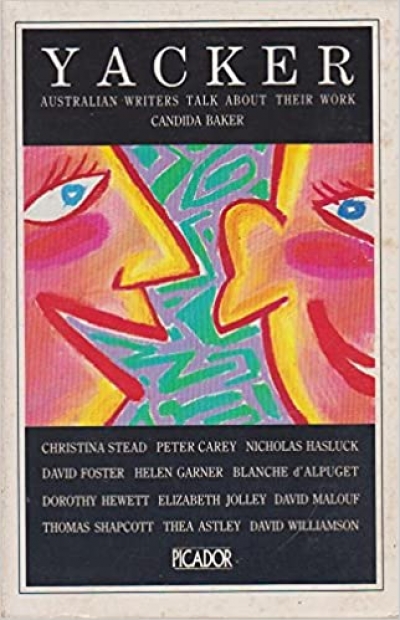Kerryn Goldsworthy
There have been three years now of ‘Australian Voices’, but when in all that time have you heard a voice? The metonymic use of the word ‘voice’ to mean ‘way of using language’ has become so familiar we forget it’s figurative. But as far as sensory experience is concerned, reading this series has been about the look of typeface, the feel of paper; the only noise has been the turning of the pages. We’ve heard Australian voices in silence.
... (read more)North of the Moonlight Sonata by Kerryn Goldsworthy & The House Tibet by Georgia Savage
I don’t usually reply to Letters to the Editor, but … Since this lot (see opposite) is particularly atrabilious, a lovely word I have just learned from Don Anderson, I feel moved to make a few mild replies. Ken Gelder and Gerard Windsor are big boys now and can look after themselves, but I will say that John Carroll’s is the only negative response I have seen or heard to Windsor’s June Self Portrait (there were lots of positive ones, although Gerard did get a tad upstaged by his small son). I should also like to point out to John Carroll that Norman Mailer was reduced to his correct proportions years ago (‘brought down’, if you will – funny how Mailer’s name irresistibly suggests these metaphors of detumescence) by an assortment of immortal feminists who most certainly do not need any help from me, and as far as I am concerned the basic difference between Norman Mailer and John Hooker is that John Hooker is a serious human being. If I did indeed take a tone of unbecoming admonition, it seems to me that John Carroll has caught it; there’s a lurking sub-text to his letter best expressed as ‘Naughty girl, silly girl, stop it now or Daddy will smack.’
... (read more)Survey | Kerryn Goldsworthy reviews the 1987 National Book Council Awards for Australian Literature shortlist
‘If you can’t say something nice,’ my mother always said, ‘don’t say anything at all.’ (I pinch this opening gambit, shamelessly, from Kate Grenville’s Self-Portrait in the last ABR, and hope she does not mind; imitation is the sincerest form etc.) Apropos of parental expectations regarding niceness-or-silence, however, I am reminded of a remark of Elizabeth Jolley’s: ‘I think my mother wanted a princess, and she got me instead.’
... (read more)The two lots of new-look literary pages in the Age Saturday Extra and the National Times on Sunday are bidding fair to brighten up the weekends, especially for Victorians and for Other-Staters who also read the Age on Saturdays and will therefore get the benefit of both.
On the retirement of Stuart Sayers, Rod Usher has taken over the editorship of what is now the ‘Books’ part of ‘Arts and Books’ in the Age Saturday Extra, and is making a pretty classy fist of (and here I speak from experience and from the heart) an extremely demanding job. The few reservations I’ve heard around the traps have been to do with the number of Age staff reviewing books, and with the possibility that the ‘Books’ may get swamped by the ‘Arts’ now that they’re a double act. These odd mutterings are fair enough, but overall the whole section’s looking good.
... (read more)This year’s annual conference of the Association for the Study of Australian Literature was held in mid-July at James Cook University in Townsville, to which some two hundred delegates flocked to soak up ideas, information, sunshine, and the odd ale. Everybody had a good time except possibly the indefatigable organisers, Tony Hassall, Robert Dixon, and Stephen Torre, who, if they were not too exhausted to enjoy themselves, ought to have been. In general, the relaxed and benign atmosphere one has come to know and love at ASAL conferences prevailed.
... (read more)
